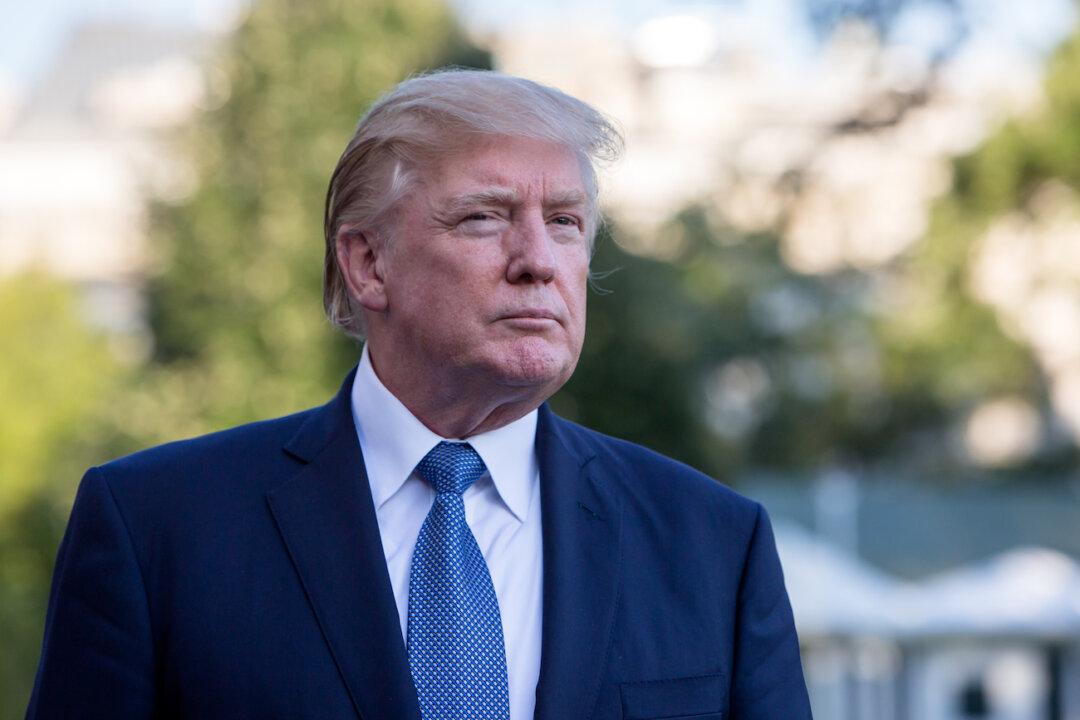A federal judge on Thursday set a hearing date to allow attorneys to present oral arguments over whether former President Donald Trump’s financial records should be handed over to the House Oversight Committee.
This comes after attorneys for each party in the case informed U.S District Court for the District of Columbia Judge Amit Mehta that the Democrat-controlled House panel had reissued a subpoena to Trump’s accounting firm Mazars USA to hand over eight years of financial records involving the former president and his businesses.




